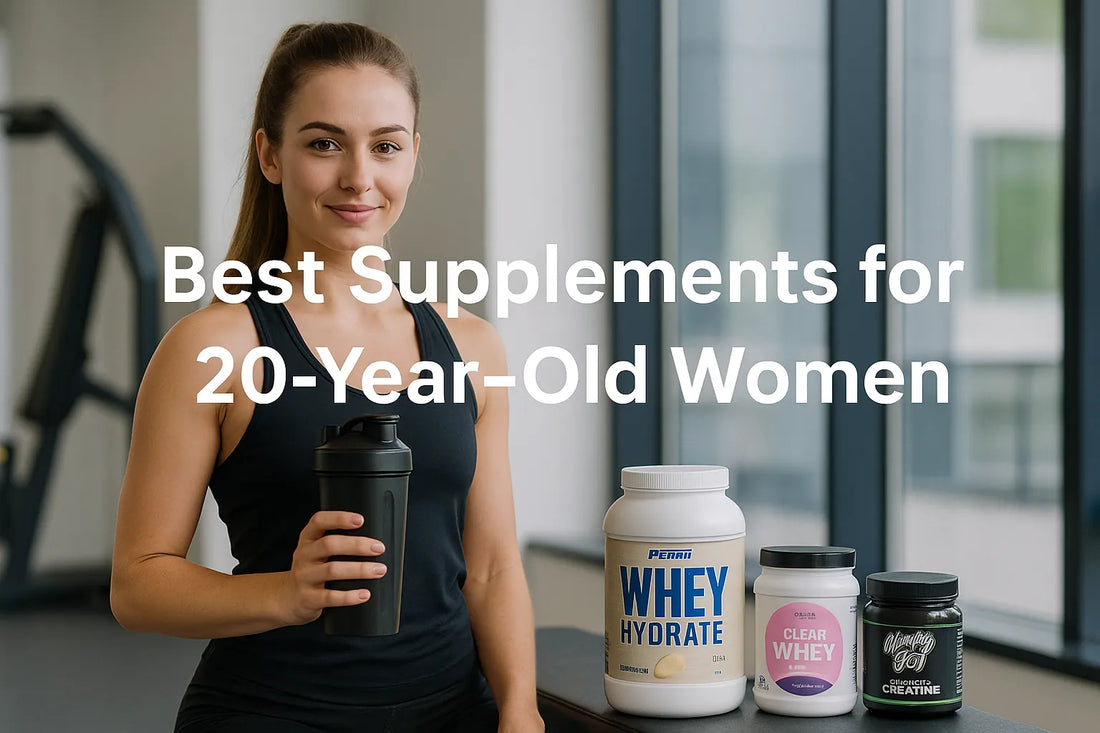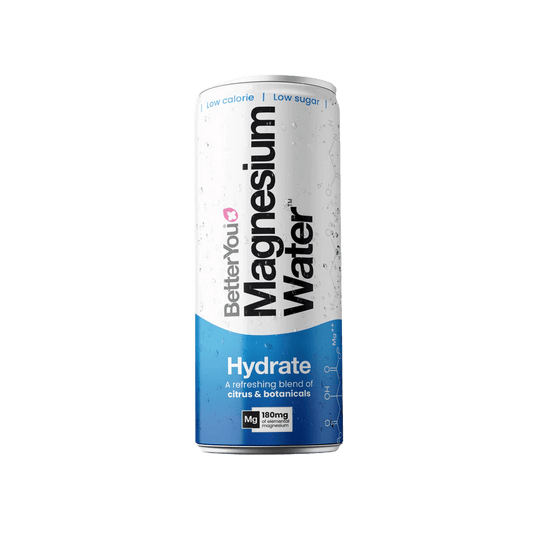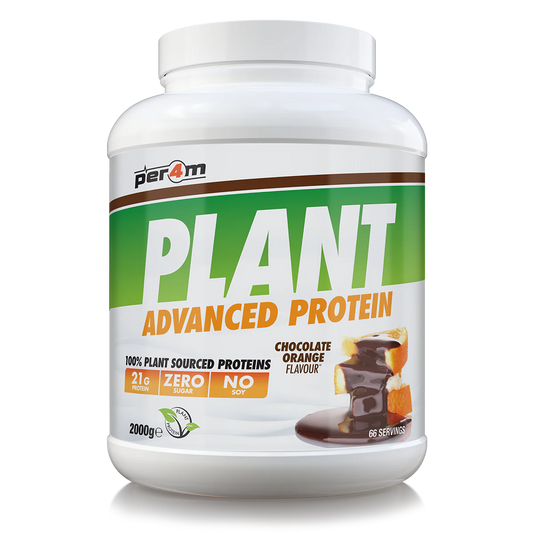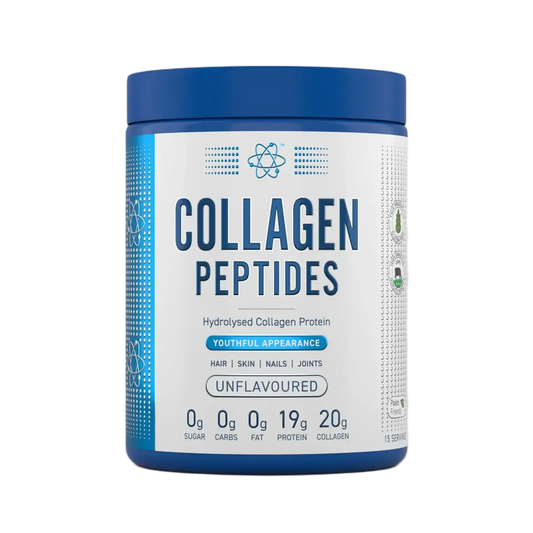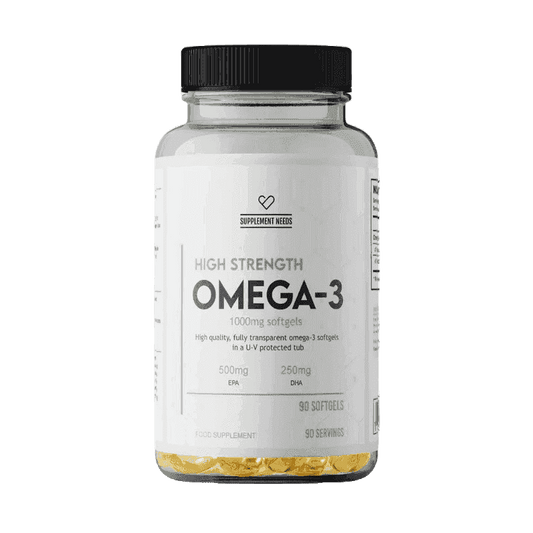Introduction: Why Supplements Matter in Your 20s
Your 20s are often described as the “golden decade” — you’ve got energy, resilience, and time on your side. But with student life, new jobs, gym training, social nights out, and all the stresses that come with adulthood, your body is also under pressure. Nutrition isn’t always consistent. Some days you’re meal-prepping oats and chicken, other days it’s iced coffee and whatever snack you can grab between lectures, shifts, or gym sessions.
That’s where supplements come in. They’re not magic pills — but when chosen wisely, they give you consistency, fill nutritional gaps, and boost recovery. For women in their 20s, the right mix of protein, recovery support, and daily essentials can make the difference between spinning your wheels and actually seeing progress.
This guide breaks down the best supplements for 20-year-old women, how they fit into your lifestyle, and why investing in the right ones now sets you up for long-term performance, strength, and wellness.

What Supplements Should a 20-Year-Old Woman Take?
The foundation of your stack should cover three areas:
-
Protein Support – because hitting daily protein targets is harder than it sounds.
-
-
Per4m Plant Protein → a plant-based option for women who prefer dairy-free or want something lighter on digestion.
-
Reflex Nutrition Clear Whey Protein → a refreshing alternative to heavy shakes; perfect post-workout when you don’t want a milky texture.
-
Per4m Plant Protein → a plant-based option for women who prefer dairy-free or want something lighter on digestion.
-
Performance & Recovery – to build muscle, strength, and energy resilience.
-
Naughty Boy Prime Creatine → proven, safe, and one of the most researched supplements for power and endurance.
-
USN Muscle Fuel Anabolic → an all-in-one blend that covers protein, carbs, creatine, and micronutrients — ideal if you want fewer tubs cluttering your kitchen.
-
Naughty Boy Prime Creatine → proven, safe, and one of the most researched supplements for power and endurance.
-
Wellness & Longevity – supporting hormones, energy, and overall health.
-
Supplement Needs Omega 3 → brain health, skin glow, mood balance.
-
Applied Nutrition Collagen Peptides → joint protection, skin elasticity, nail strength — small things that make a big difference over time.
-
BetterYou Magnesium Water → keeps muscles functioning, fights fatigue, and helps calm your system before bed.
-
Supplement Needs Omega 3 → brain health, skin glow, mood balance.
Together, these supplements support training performance, recovery, and general wellness — everything you need to stay strong, energised, and confident in your 20s.
Should a 20-Year-Old Take Supplements at All?
It’s a fair question. If you’re young, healthy, and eating well, do you actually need supplements?
The answer: you don’t need them, but they make life easier.
Take protein for example. A 20-year-old woman aiming to gain muscle or maintain strength should be eating around 1.6–2.2g of protein per kilogram of bodyweight daily. For a 65kg woman, that’s 104–143g of protein. That means eggs, chicken, Greek yogurt, beans, tofu, or fish multiple times a day. Not impossible, but not always practical.
That’s where Per4m Plant Protein or Reflex Clear Whey fit in. A single shake gives you 20–25g of protein without the hassle. It’s about consistency.
The same applies to Naughty Boy Prime Creatine. Could you build strength without it? Sure. But creatine is one of the most researched, effective, and affordable supplements in the world. It supercharges energy in your muscles, improves recovery between sets, and has even been shown to help with focus — an extra bonus if you’re a student or work long shifts.
Supplements don’t replace food. They give you an advantage when life gets chaotic. And in your 20s, chaos is the default setting.
What Supplements Should a Woman Take Every Day?
Here’s a daily baseline routine you can build around:
-
Morning:
-
-
Supplement Needs Omega 3 → supports brain focus and heart health.
-
Applied Nutrition Collagen Peptides → stir into coffee or a smoothie for long-term skin, hair, and joint support.
-
Supplement Needs Omega 3 → supports brain focus and heart health.
-
Pre-Workout / Training:
-
Naughty Boy Prime Creatine → 5g daily, any time, but easy to slot in with your pre-gym routine.
-
Naughty Boy Prime Creatine → 5g daily, any time, but easy to slot in with your pre-gym routine.
-
Post-Workout:
-
Reflex Clear Whey Protein → light, refreshing, and fast-digesting.
-
OR Per4m Plant Protein → thicker, more filling, great as a snack replacement.
-
Reflex Clear Whey Protein → light, refreshing, and fast-digesting.
-
Evening:
-
BetterYou Magnesium Water → helps muscle relaxation, hydration, and sets you up for quality sleep.
-
BetterYou Magnesium Water → helps muscle relaxation, hydration, and sets you up for quality sleep.
-
On Intense Training Days:
-
USN Muscle Fuel Anabolic → for when you’ve smashed a heavy workout and need a complete recovery formula.
-
USN Muscle Fuel Anabolic → for when you’ve smashed a heavy workout and need a complete recovery formula.
Daily supplements don’t mean complicated. It’s about picking the right ones that fit smoothly into your lifestyle.
Which Supplements Are Actually Worth Taking in Your 20s?
It’s easy to waste money in this industry. Prettily packaged detox teas, “miracle” metabolism boosters, overpriced pills that don’t deliver. But for women in their 20s, here’s what actually pays off:
-
Protein Powders – because most diets underdeliver on protein. (Per4m Plant Protein and Reflex Clear Whey give you both a creamy and refreshing option.)
-
Creatine – no gender barrier here. Creatine isn’t “for men” — it’s for muscle performance, endurance, and recovery. (Naughty Boy Prime Creatine is a no-brainer.)
-
Collagen & Omega 3 – often overlooked by younger women, but investing early pays dividends in your late 20s and beyond. (Applied Nutrition Collagen Peptides and Supplement Needs Omega 3 cover beauty and brain health together.)
-
Magnesium – one of the most common deficiencies, especially in women, affecting energy, sleep, and stress response. (BetterYou Magnesium Water delivers it easily.)
Supplements worth taking are the ones that stand up to research, not just trends.
What Is the Best Multivitamin for Women in Their 20s?
Here’s the twist: not everyone needs a multivitamin. If your diet is varied and you’re already eating fruits, veggies, grains, and lean protein, you may already cover the basics. But if your schedule is inconsistent, or you tend to skip meals, a multivitamin can act as nutritional insurance.
That said, many multivitamins scatter a little of everything and not enough of what actually matters. That’s why it’s smarter to target key nutrients instead. For example:
-
Supplement Needs Omega 3 (essential fatty acids).
-
Applied Nutrition Collagen (amino acids for connective tissue and skin).
-
BetterYou Magnesium Water (one of the most commonly deficient minerals).
This combo does more for long-term performance and wellness than most generic one-a-day tablets.
How Much Magnesium Per Day for a Woman?
Magnesium is a quiet hero supplement, especially for women. It regulates muscle function, hydration, mood, and sleep. Deficiency can cause cramps, fatigue, or restless nights.
For women in their 20s, the recommended intake is around 270mg daily. You can get magnesium from leafy greens, nuts, seeds, and whole grains, but if your diet falls short, supplementation makes sense.
That’s where BetterYou Magnesium Water fits beautifully. It’s an easy, refreshing way to keep magnesium levels steady, especially if you’re active. Pairing it with protein and creatine means you’re hitting both performance and recovery bases.
Closing Part 1
Your 20s are about momentum. The supplements you take now don’t just shape how you look and feel today — they lay the groundwork for your 30s and beyond. From Per4m Plant Protein to Naughty Boy Prime Creatine, the right mix fuels strength, recovery, and wellbeing without overcomplicating your routine.
👉 In Part 2, we’ll go deeper into:
-
The role of zinc, vitamin D, and B12 in women’s health.
-
Whether creatine is safe and effective specifically for young women.
-
How to balance gym supplements with overall wellness.
-
And the FAQs that some 20-year-old women wonder about supplements.
Best Supplements for 20-Year-Old Women (Part 2)

Should Female Athletes in Their 20s Take Creatine?
This is one of the most misunderstood questions. Too many women still believe creatine is only for men or that it causes bloating. The truth is: creatine is one of the most studied, safest, and effective supplements for women.
-
It boosts strength and endurance in the gym.
-
It improves muscle recovery.
-
It even benefits cognitive health, which is critical if you’re balancing training with academics or work.
The “bloating” myth comes from old-school creatine loading protocols. In reality, taking 3–5g daily of Naughty Boy Prime Creatine simply saturates your muscles with extra energy, with no dramatic water retention.
For female athletes — whether lifting, running, or playing competitive sports — creatine is non-negotiable if you want every advantage possible. And combined with Per4m Plant Protein or Reflex Clear Whey, it’s the ultimate muscle-support stack.
Do Women in Their 20s Need B-Complex or B12?
B vitamins are the ultimate “energy vitamins.” They support everything from red blood cell production to nervous system function and focus. For women, B vitamins take on even greater importance due to hormonal fluctuations, periods, and stress from training or studies.
-
Vitamin B12 helps your body produce red blood cells and prevents anaemia — if you’ve ever felt chronically tired despite sleeping and eating well, low B12 might be the culprit. Vegetarians and vegans in particular need to watch B12 intake, since it mostly comes from animal products.
-
B-Complex combines B12 with other crucial Bs like B6 (supports brain health, mood, and hormones) and B9 (folate, critical for women’s reproductive health even before considering pregnancy).
While a standalone multivitamin can cover this, many women prefer a targeted stack: high-protein powders like Per4m Plant Protein or Reflex Clear Whey often come fortified with additional B vitamins, while whole-food sources (leafy greens, beans, eggs) add daily backup. If energy crashes are common, B vitamins + BetterYou Magnesium Water form a powerful recovery duo.
What Does Zinc Do for the Body—And How Much Should I Take?
Zinc doesn’t get as much spotlight as protein or creatine, but it plays a quiet, essential role in women’s health. It supports immune function, wound healing, metabolism, and hormone regulation. For young women, zinc is particularly linked to healthy skin and hormonal balance — it can reduce breakouts, support menstrual cycles, and help with recovery from exercise-induced stress.
The recommended daily amount for women in their 20s is around 7–9mg. While meat, seeds, and legumes provide good amounts, active women often burn through micronutrients faster.
Pairing zinc-rich foods with collagen support like Applied Nutrition Collagen Peptides creates a potent combo for skin, joints, and connective tissue resilience. It’s not just about looking good — zinc plus collagen protects ligaments, tendons, and cartilage, keeping your body durable through heavy training.
Vitamin D vs D3: Which Should Women in Their 20s Take?
This one’s confusing for many people. Vitamin D isn’t just “the sunshine vitamin” — it’s vital for bone health, immunity, and even mood regulation. In the UK, deficiencies are extremely common, especially during the winter months when sunlight exposure is minimal.
Here’s the key:
-
Vitamin D is the general nutrient group.
-
Vitamin D3 is the most bioavailable, active form.
So yes, women in their 20s should prioritise Vitamin D3 supplements, especially if they live in areas with limited sunlight. But instead of buying multiple single-nutrient pills, many women benefit from targeted products that already address wider gaps. For example, BetterYou Magnesium Water supports absorption synergy — magnesium improves the way your body utilises vitamin D. Stacking these two creates a far greater impact than taking vitamin D in isolation.
Which Vitamin Is Best for Studying and Focus (for College Students)?
If you’re in uni or starting out in your career, long nights and endless deadlines can take a toll. The best vitamins for focus in your 20s are:
-
Omega-3 fatty acids (Supplement Needs Omega 3) → proven to support brain health, memory, and concentration.
-
Vitamin B12 & B6 → for sustained energy and reduced fatigue.
-
Magnesium (BetterYou Magnesium Water) → helps calm overactive nerves while improving sleep quality, which in turn sharpens focus the next day.
Surprisingly, creatine also plays a role. Research shows that Naughty Boy Prime Creatine doesn’t just enhance physical performance — it also supports cognitive resilience, especially under stress or sleep deprivation. That makes it a secret weapon for women juggling studies, gym, and work all at once.

What Vitamins Should I Take During My Period?
Your menstrual cycle places extra demands on your body, making certain nutrients especially important during that time of the month:
-
Magnesium (BetterYou Magnesium Water) → reduces cramps and supports relaxation.
-
Omega-3s (Supplement Needs Omega 3) → anti-inflammatory properties help with bloating and mood.
-
Iron & B12 (often found in fortified protein powders like USN Muscle Fuel Anabolic) → replenishes what’s lost through menstruation.
-
Collagen (Applied Nutrition Collagen Peptides) → supports skin and joints, and helps counteract inflammation.
Taking these consistently — not just during your period — ensures your body has the reserves it needs to cope with the extra stress.
What Vitamins Should Not Be Taken Together?
It’s not just about what to take — it’s about how you combine them. Some nutrients compete for absorption, so spacing them out works better:
-
Calcium vs. Iron → don’t take them together. Calcium can block iron absorption.
-
Magnesium vs. Zinc → both are essential, but they compete when taken in large doses at the same time.
-
High-dose multivitamins → often scatter small amounts of everything, but certain nutrients interfere with each other.
Instead of throwing everything into one pill, use a balanced stack like we’ve outlined:
-
Protein + Creatine (training support).
-
Omega-3 + Collagen (wellness).
-
Magnesium (recovery and hormone balance).
By spreading them across the day — morning, post-workout, and evening — you avoid clashes and maximise results.
FAQs – Best Supplements for 20-Year-Old Women
1. Should women in their 20s take creatine?
Yes. Creatine is safe, effective, and one of the best supplements for strength, performance, and recovery.
2. What vitamins should a 20-year-old woman take daily?
Magnesium, omega-3s, collagen, and vitamin D3 are the most beneficial for everyday wellness.
3. Is protein powder good for women in their 20s?
Absolutely — protein powder helps hit daily targets without relying on endless chicken or tofu meals.
4. How much protein does a 20-year-old woman need for muscle gain?
Aim for 1.6–2.2g per kg of bodyweight daily. For a 65kg woman, that’s 104–143g.
5. Is pre-workout safe for women in their 20s?
Yes, but it’s not essential. Focus on protein, creatine, and recovery first.
6. Should women in their 20s take collagen?
Yes — collagen supports skin, hair, nails, and joints, making it a smart long-term investment.
7. What supplements are best for studying and focus?
Omega-3, magnesium, B12, and even creatine help improve mental performance.
8. Do women in their 20s need multivitamins?
Not always. Targeted supplements (omega-3, collagen, magnesium) often work better.
9. What supplements help with period symptoms?
Magnesium, omega-3s, collagen, and iron-rich blends can all reduce discomfort.
10. Can I build muscle without supplements in my 20s?
Yes — but supplements like protein and creatine make it easier, faster, and more consistent.
Conclusion: Supplements That Actually Matter for Women in Their 20s
Supplements in your 20s aren’t about “fixing problems” — they’re about building a foundation for the future. The right stack supports your training, helps you recover quicker, balances hormones, and protects your long-term health.
A smart starting stack includes:
-
Per4m Plant Protein or Reflex Clear Whey for consistent protein intake.
-
Naughty Boy Prime Creatine for strength and endurance.
-
USN Muscle Fuel Anabolic for complete post-training recovery.
-
Supplement Needs Omega 3 and Applied Nutrition Collagen Peptides for skin, brain, and joint health.
-
BetterYou Magnesium Water for sleep, muscle function, and stress management.
In your 20s, you don’t need to waste money on fads. Instead, focus on supplements that are research-backed, practical, and versatile. With the right choices now, you’ll not only maximise your gym performance — you’ll future-proof your health for years to come.

